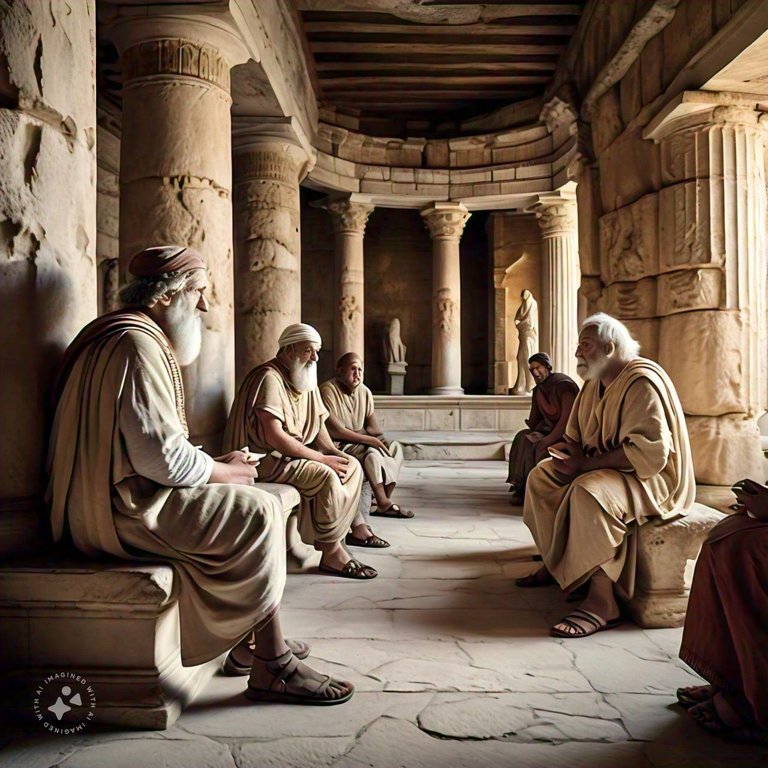
Image generated from Meta AI
To avoid making the mistakes of the past, we need to have knowledge of the happenings of the past. In a society where history is relegated to the back, people are liable to repeat mistakes. When the errors and successes of the past are properly analyzed, it guides society in making decisions. History helps people understand the reason why they are where they are today.
Many things have happened in the past in Nigeria. The journey from the colonial era under which the southern and northern protectorate of the country we're amalgamated and named Nigeria to the decades of colonial rule of the entity called Nigeria before the agitation for independence started was a tortuous one. All these happened decades before I was born, but I read it and realized the successes and failures of my forefathers.
History, in addition to the point stated above, helps to preserve cultural heritage. Culture can best be maintained where there is a good transitional approach from one generation to another. This is very advantageous to the people. It helps keep the identity of the people intact, against extinction. History also provides the context for the current happenings. Some things are happening today because of what happened in the past. Today's actions, in many instances, are a consequence of yesterday's actions. Some communities are in conflict because their histories were not well studied to correct some anomalies.
History is very vital for the continuous cooperation of society.
It is in my belief that everyone understands this role of history in human lives. The problem faced by history many times is subjectivity in interpretation. This is the major challenge affecting the inclusion of history in Nigeria's education curriculum.
As good as history is, it can create division among the people if it is told from a biased perspective. For instance, I have read much narration about the regrettable three years of civil war fought by Nigeria between 1967 and 1970. Till this moment, there are accusations and counter-accusations. The regions that fought the war on behalf of Nigeria, when narrating the events of the time, put the blame on the region that was trying to breakaway from Nigeria. The region that was seeking self-determination accused the Nigerian forces of being the ones that engineered the war.
Not just Nigeria's civil war, I have read many versions of the history of slave trades and colonialism in Africa, particularly Nigeria. Many people narrate or interpret the history to suit their wishes. Inaccurate or false history can divide the people and make unity an illusion. Some histories, when being narrated, puncture old wounds, and the results are not always nice. It's like waking the sleeping dog. This is one of the major reasons that the Nigerian government expunged history at a point from the nation's curriculum. The fear of further division pushed the government to that extent. I sympathized with the government in this regard.
Be it as it may, the merits of history outweigh the demerits. I am of the opinion that the people deserve to be aware of their history. It guides the people against repeating the same mistakes as they made in the past. In recent years, I read elders warning the youths of Nigeria, fanning the ember of disunity to desist. They would highlight the ugly events of the past for the youth to make them understand why it is not good to allow the same to happen again. This is very important, and I believe it's one of those actions keeping Nigeria together despite the turbulence journey of nationhood.
In conclusion, a society should try and have the events of the past documented appropriately. It should also be narrated accurately without subjectivity. The aspect of history about one's culture and identity should also be taken seriously. The people need to look back and learn from the journey so far in order to continue their journey on the right path.
Thank you, @amiegeoffrey @ecency
It's a pleasure
Thank you for the support, @pandex